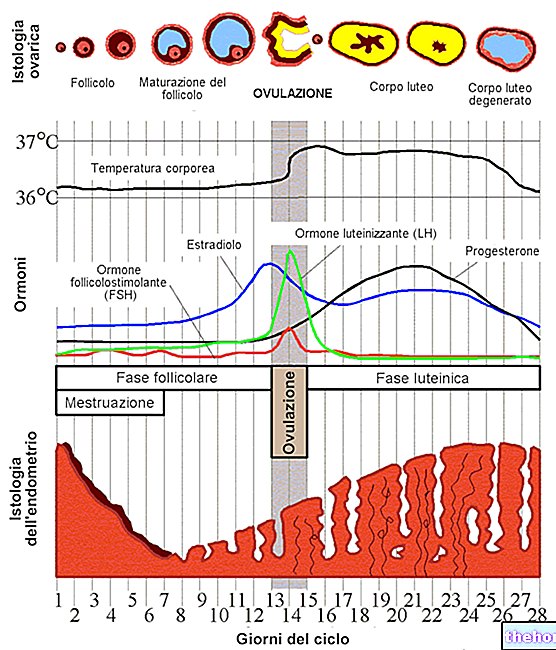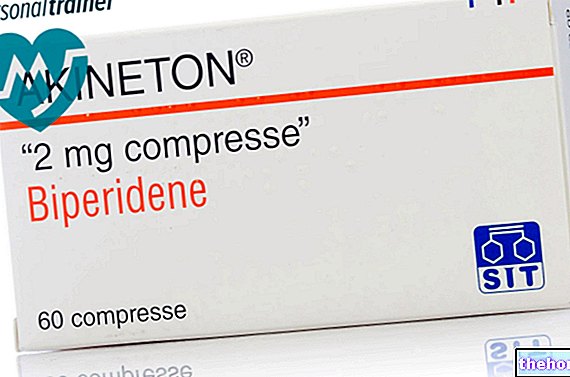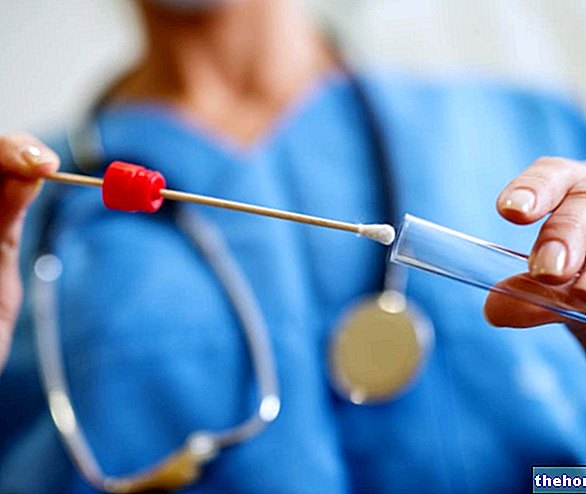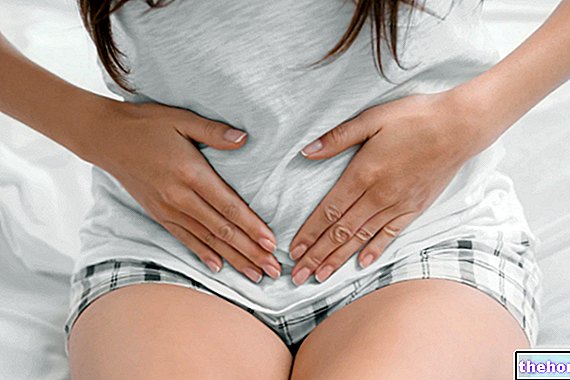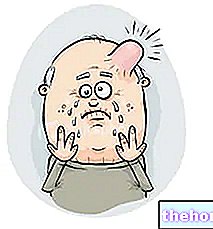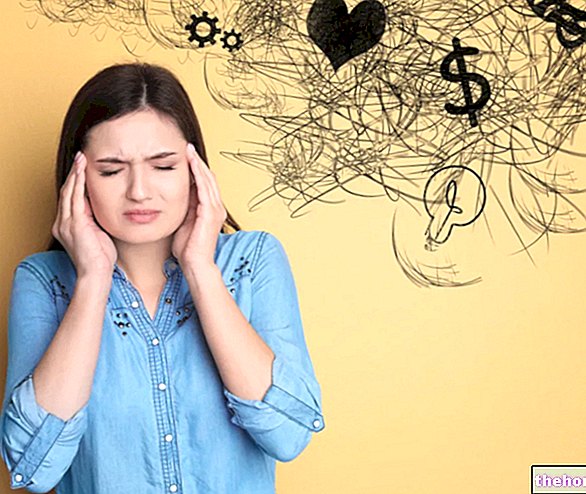Generally, dry hair is observed when the secretory activity of the sebaceous glands present in the scalp is drastically reduced; consequently, poorly lubricated hair appears visibly dry, arid and dull.

Dry hair can be favored or worsened by countless factors: atmospheric insults (salt water, wind, UV rays, etc.), irritants (colored dyes, pool chlorine), pathologies (hyper / hypothyroidism, Hashimoto's disease), poor nutrition in proteins or deficient in vitamins and essential fatty acids, excessive washing, use of aggressive or unsuitable shampoos for your hair type.
The published material is intended to allow quick access to advice, suggestions and general remedies that doctors and textbooks usually dispense for the treatment of Dry Hair; such indications must in no way substitute the opinion of the attending physician or other health specialists in the sector who are treating the patient.
What to do
- Wash your hair with delicate and easily rinsable shampoos, free from harsh perfumes, dyes and preservatives.
- After washing, apply a conditioner or cream formulated with moisturizing, emollient and anti-reddening active ingredients to the hair. Let us briefly recall that dry hair tends to be accompanied by a marked hypersensitivity at the level of the scalp, sometimes responsible for local irritation, flaking and burning.
- The so-called leave-in products, to be applied after shampooing, provide deep hydration to the hair, without however making it greasy
- After shampooing, we recommend applying a nourishing hair mask, to be left on for a few minutes before removal. Do-it-yourself hair masks (made for example with egg, yogurt and olive oil) should be applied instead. before shampooing.
- Prefer cosmetic products formulated with the sericin, a silk protein able to positively interact with the hair surface through bioadhesion mechanisms. Thanks to these processes, sericin performs an extremely positive effect since it gives rise to a protective elastic film around the shaft, thus increasing thickness and hydration of dry hair.
- Brush dry hair gently, taking care not to pull it: for this purpose, we recommend using a wide-toothed comb
- If necessary, apply keratin-based lotions to strengthen the hair (effective remedy to increase thickness throughout its length)
- Especially in summer, it is recommended to apply sprays or lotions containing sunscreens and moisturizing substances to dry hair
- Trim your hair often to get rid of split ends
What NOT to do
- Use fixing products (gels, foams, lacquers): in addition to being irritating to the scalp, these cosmetics promote the adhesion of dust and impurities on the hair, further worsening the disorder of dry hair
- Coloring, bleaching and permanent: these professional treatments undermine the structure of hair in general and dry ones in particular; therefore, they are strongly discouraged (especially in the presence of unruly hair)
- Use the hairdryer very close to the hair: the too hot air of the hairdryer and the excessive proximity to the hair encourage further dehydration of the hair.
- Too Frequent Washing: Unlike oily hair, dry hair doesn't like being washed too often. Shampoos, water, conditioners and other cosmetic products, if used too frequently, tend to weaken the hair, making it more prone to breakage
- Use large amounts of shampoo: In addition to infrequent washing, dry hair requires a small amount of shampoo
- Style with electric curlers, plates and specific irons for curls: since these are real torture tools for dry hair, it is strongly recommended to avoid using them. To curl a hair it is good practice to use the old remedies: normal curlers ( without the use of heat) are extremely suitable and rather delicate for dry hair
- Swim in the pool or in salt water without a cap: it is advisable to always use the rubber cap before going into the sea to prevent salt water (or rich in chlorine if you prefer the pool) from further damaging dry hair
What to eat
- Eat lots of fruit and vegetables, as they are rich in antioxidants (vitamin C and E)
- Prefer foods rich in essential fatty acids (ω ‰ 3 and ω ‰‰ 6) which are abundant in fish (salmon, cod, sardines, mackerel) and dried fruit (walnuts, almonds, peanuts)
- If necessary, supplement the diet with vitamin supplementation
What NOT to Eat
- There is no scientific evidence that food relates to worsening dry hair. A healthy, balanced diet rich in fruits, vegetables and low in fat is recommended.
Natural Cures and Remedies
- Lubricating the hair with specific products, including those of natural origin, is extremely important to hydrate and nourish dry hair in depth. Natural cosmetic preparations, certainly delicate for dry hair, can be formulated from active ingredients extracted from these plants:
- Altea: its richness in starch, pectins, flavonoids and mucilages gives moisturizing, emollient and anti-reddening properties to the product in which it is inserted
- Rosa centifolia: the extract of this vegetable (rich in flavonoids, anthocyanins and pectins) is a natural remedy very suitable for dry hair thanks to its moisturizing and restorative properties
- Cornflower: the polysaccharides contained in the drug, after having adsorbed considerable quantities of water, hydrate the hair, gradually giving water to the shaft of each individual hair
- Vegetable oils in general (e.g. sweet almond oil, wheat germ oil, Argan seed oil): they can be used to prepare a hair mask or a hot pack for dry hair
- Even mayonnaise can be applied to dry hair to deeply nourish it. Distribute a fair amount of product on damp, dry hair and, after 10-20 minutes, rinse with mild shampoo
- Beer-based fixative lotion: this drink is a cure-all for dry hair (to be used for topical application). Distributed on the scalp, beer gives the hair a luminous, vital and above all healthy appearance
Pharmacological treatment
- Medicines are not necessary to treat dry hair: if the disorder is related to hypothyroidism, hyperthyroidism or Hashimoto's disease, it is clearly necessary to follow a specific drug treatment for the underlying problem
Prevention
- Gently comb through dry hair to prevent it from breaking
- Use infrequent washing with mild shampoos
- Avoid tying your hair with tight rubber bands
- Do not expose yourself to the sun before having distributed a protective product on the hair
Medical treatments
- With the exception of pathological cases of dry hair (dependent for example on drug treatments or underlying diseases), it is not necessary to intervene with specific medical treatments.
- Particularly arid and rebellious dry hair may require more intensive treatments: hairdressers and trichologists can undoubtedly improve the disorder.


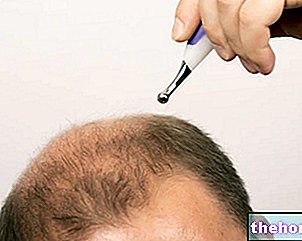

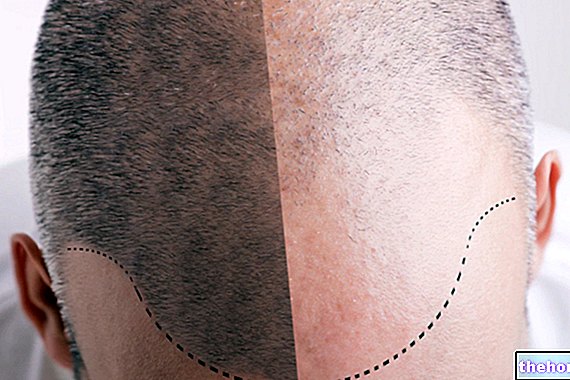
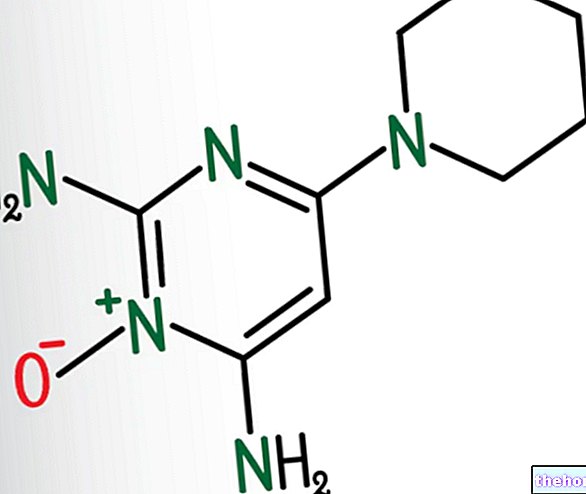


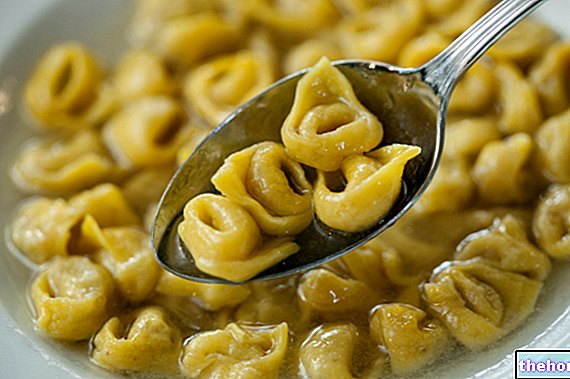
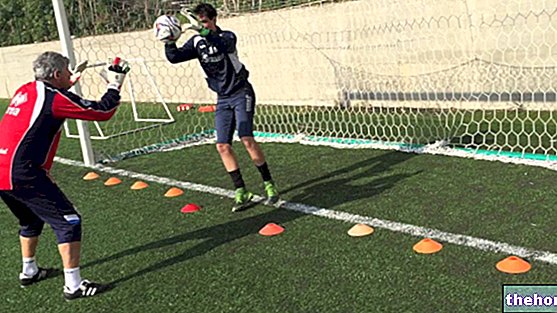
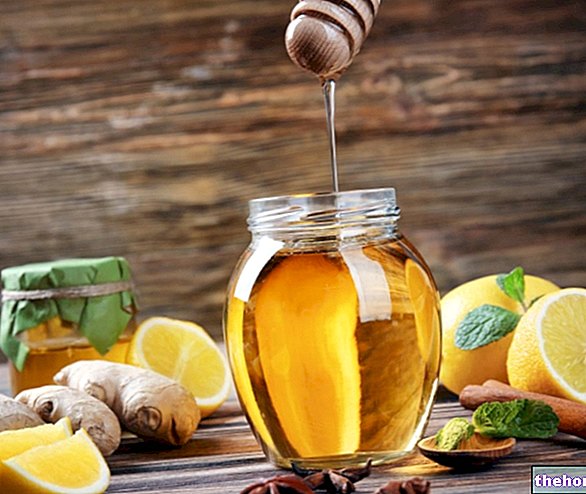
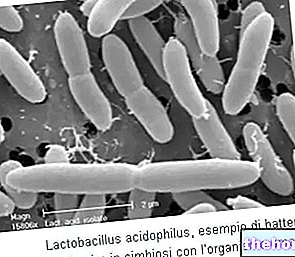
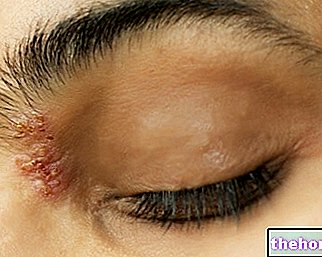


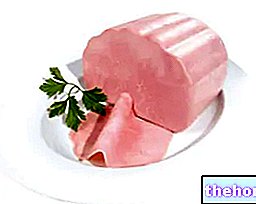

.jpg)



